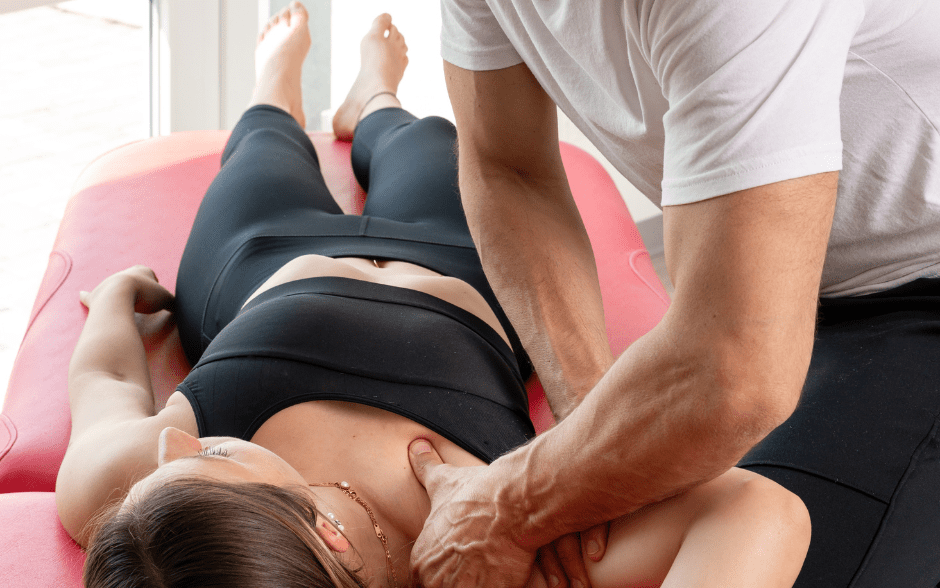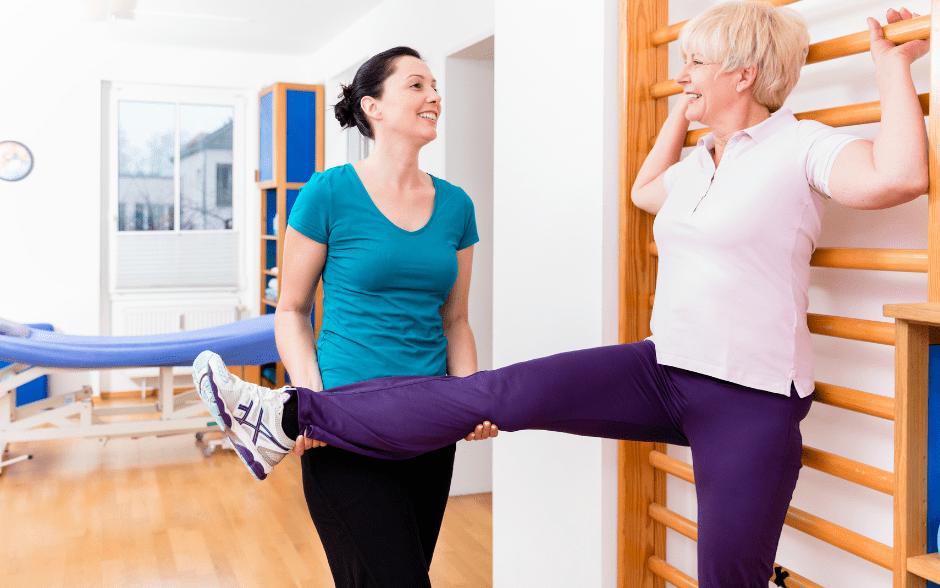Maintaining correct posture is often overlooked or disregarded in today’s fast-paced and technology-driven world. Many of us spend countless hours sitting at desks, hunched over computers or smartphones, which can take a toll on our health in the long run. Unfortunately, that not only affects our physical appearance but also has a significant impact on our overall well-being. Let’s explore some of the consequences that it can have on our health.
Physical consequences
One of the most immediate consequences of poor posture is increased strain on our muscles and joints. Sitting or standing with a slouched or rounded back can cause back, neck, and shoulder pain. When we tend to hold a faulty body position for extended periods, it puts excessive pressure on the spine, leading to misalignments and potentially chronic pain conditions such as sciatica. Furthermore, that can also affect our digestive system. Slouching compresses the internal organs in our abdomen, causing inefficient digestion and potentially leading to issues like acid reflux, constipation, and even decreased nutrient absorption. It’s essential to straighten our back while eating to allow the body to digest food optimally.
Another area where incorrect posture can have detrimental effects is on our respiratory and cardiovascular systems. Slumping or slouching forward restricts our lung capacity, making it harder for our lungs to expand fully. Over time, this can lead to shallow breathing and reduced oxygen intake, affecting our overall energy levels and cognitive function. Similarly, when we slouch, our blood vessels may become compressed or constricted, impeding proper blood circulation. Without adequate blood flow, our muscles and organs may not receive the necessary oxygen and nutrients, leading to fatigue and increased risk of cardiovascular conditions.
Social consequences
Maintaining proper posture is crucial for physical health but also for social interactions and professional life. Slouching or standing with a hunched back can make you appear less confident and assertive, while maintaining your back upright can convey confidence, and competence, and contribute to a positive body image. Furthermore, that can affect our mood and mental well-being. Studies have shown that there is a link between poor posture and feelings of depression, stress, and decreased self-confidence. When we slouch, our bodies release higher levels of stress hormones, such as cortisol, which can exacerbate symptoms of anxiety and depression.
Prevention
To avoid these negative consequences, it’s important to be mindful of our posture and make necessary adjustments throughout the day. Here are a few tips to improve posture:
- Sit and stand tall: Align your ears, shoulders, and hips straight to maintain a neutral spine.
- Maintain an ergonomic workstation: Adjust your chair, desk, and computer screen to optimize your posture while working.
- Take regular breaks: Incorporate stretching exercises, walks, or standing breaks to relieve stress on your muscles and joints.
- Strengthen your core and back muscles: Regular exercise that targets these areas can improve posture and provide support to the spine.
- Use tools for posture correction: Utilize products like posture braces or lumbar supports to help reinforce proper alignment.
In conclusion, poor posture can lead to significant consequences on our physical, mental, and social well-being. To safeguard our health and prevent long-term damage, paying attention to our posture and making necessary adjustments in our daily lives is crucial. We can alleviate pain, improve our overall health, and present ourselves with confidence and poise.
If you notice any changes in your posture that need to be addressed, please do not hesitate to contact us at (847) 459 4779.


















